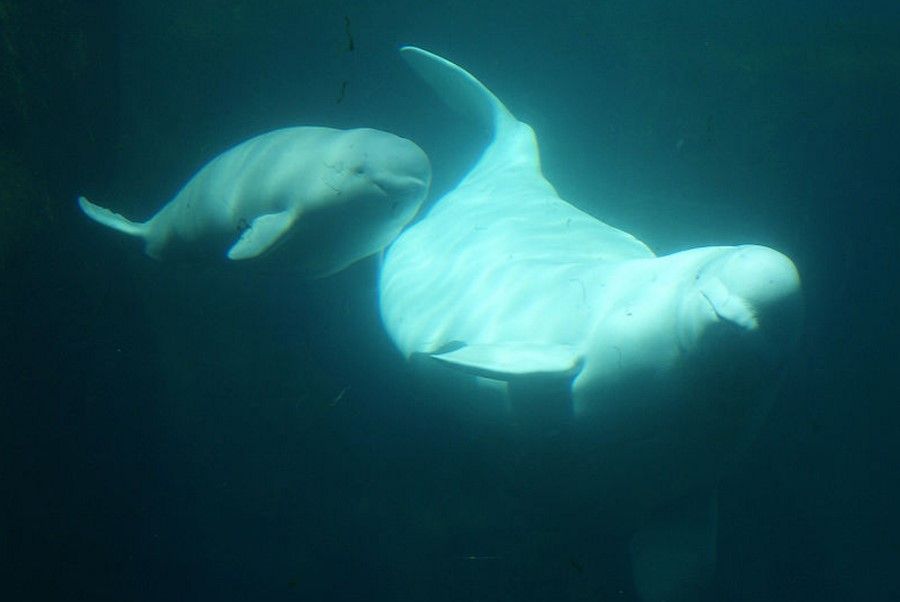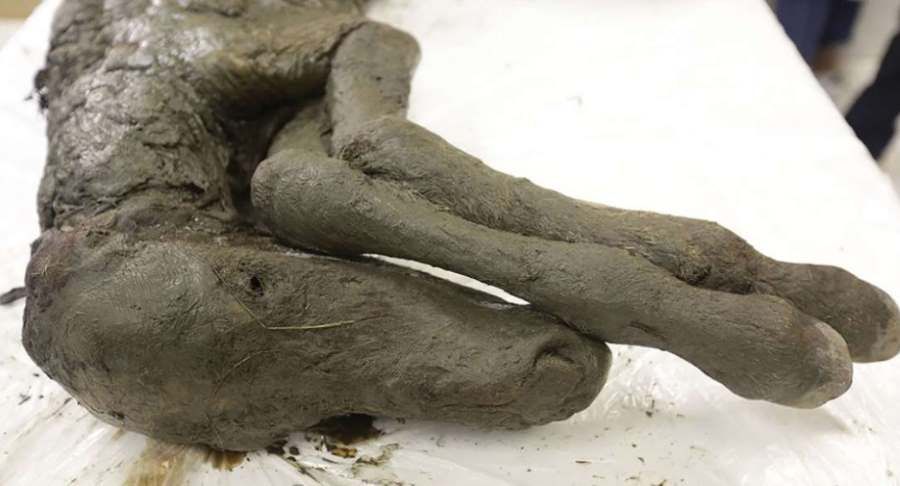Menopause also occurs in female whitetails and narwhals
Almost all animals reproduce throughout their lives. Researchers have long wondered why someóre of them evolved mechanisms to stop such a possibility. Five species are currently knownóin whichóre experience menopause. In addition to whitetails and narwhals, this includes orcas, grindwhal krótkopfins and my – people.
A new study by the Universities of Exeter and York and the Cetacean Research Center suggests that menopause developed independently in several species ofóin cetaceans. A paper on this topic was published in the journal „Scientific Reports”.
– For menopause to make sense in evolutionary terms, species need zarówno reason to stop reproducing, as well as a reason to continue living,” said GovóThe paper’s lead author, Dr. Sam Ellis of the University of Exeter.
– In the case of orcas, the reason may be that zaróBoth male and female offspring remain with their mothers for life. So the older a mother gets, the more children and grandchildren she hasów is found in its group. This means that if the mother remains fit, she competes with her immediate offspring for resources such as food. The reason for continuing to live is that older females bring great benefits to offspring. For example, their knowledge of where to find food helps groups survive – said Ellis.
Menopause in orca is well studied. Documentation on this topic has been building for more than three decades. But in the case of narwhals and belugas, we do not have such a wealth of knowledge. In the study, the researchers used data on 16 speciesóIn dead cetaceans. This amongód of this group of animals, female belugas and narwhals have been found with dormant ovaries.
Based on these findings, the researchers suggested similarities to orcas and ruled that these species have social structures thatóre – as in the case of orcas – means that females live with more and more relatives as they age.
Scientists suggest that similar mechanisms worked róalso in the case of our ancestorsów. Older females did not reproduce, but still benefited the group as a whole. This may explain why they developed menopause.
– It is difficult to study human behavior in coóThe modern world, since it is so far from the conditions of theóin which our ancestors lived. Looking at other species can helpóc us to determine howób evolved this unusual reproductive strategy – noted Professor Darren Croft, supportópublication author.
Sourceóbackground: University of Exeter, photo. CC BY-SA 3.0/ Tony Fox/ Wikimedia Commons


